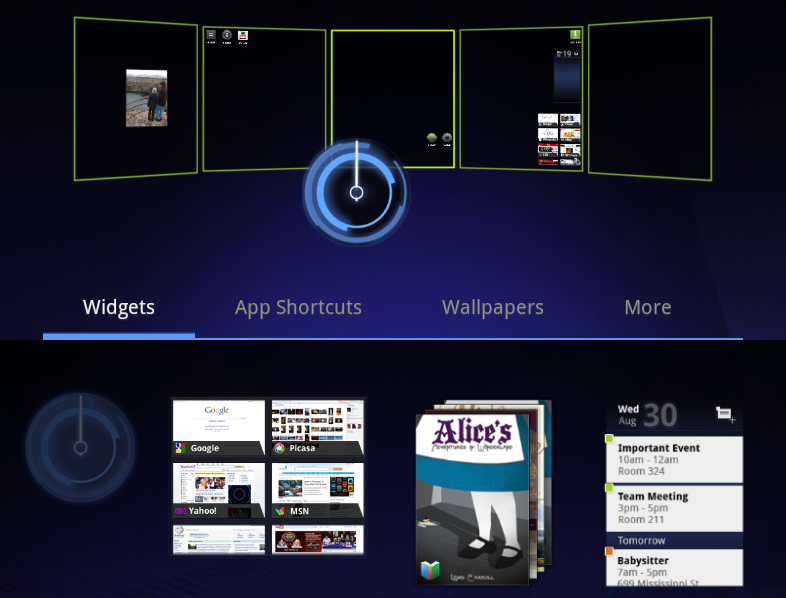Oracle wants big cut of Android damages as Google's IP headache gets worse

Oracle is seeking major damages in its lawsuit against Google over Android in a move that reflects how the search giant's intellectual property headaches may just continue to get worse. Should Google lose this IP battle, Android cuts would go to Oracle and Microsoft.
Florian Mueller highlighted a heavily redacted Google response to a damages argument made by Oracle expert witness Iain Cockburn, a Boston University professor. Cockburn argued that Google would owe unspecified damages if Android was found to infringe on Java.

If Oracle wins heavy damages it's likely Google would have to rewrite Android---a big undertaking given the installed base. Mueller wrote:
This lawsuit has the potential to bring about a restructuring of Google's Android business in economic as well as technical terms. Interestingly, Google itself admits that it could have done a license deal with Sun (apparently before it was acquired by Oracle) but rejected its terms. That refusal could now prove one of the worst mistakes in Google's 13-year history as a company.
What are the chances of Oracle squeezing out big damages from Google? The odds are pretty good Oracle will get something out of Google because there will probably be a settlement before a trial. Oracle's lawyers play hardball. Look no farther than the damages Oracle won vs. SAP in the TomorrowNow lawsuit. Few saw $1.3 billion in damages coming. At the moment, Google and Oracle are haggling over how to narrow the scope of the trial.
If we zoom out farther, it's clear why Google is bidding for Nortel's patents. The search giant has little IP defense. Citi analyst Walter Pritchard touched on this point in a big report on Microsoft's tablet chances. He estimated that Microsoft gets $5 for every HTC Android device sold. Other Android OEMs may wind up paying anywhere from $7.50 to $12. If you toss in potential Oracle damages Android will be an operating system that's free in name only.
Key excerpts from Pritchard's report:
Google appears to have very little IP to defend itself with. The general protocol when a defendant is faced with an IP infringement accusation is to “retaliate” with infringement counterclaims and ultimately force some sort of cross licensing or other détente instead of entering a prolonged and costly legal proceeding that may result in a costly or disruptive settlement. Without significant IP of its own, Google is not likely to be able to deploy this defense...
Considering that Oracle is not suing to gain competitive advantage in the market for a competing smartphone product, we believe Oracle must believe it has strong chances of winning, otherwise it would not have filed the lawsuit...
Google may indemnify its OEMs and instead decide to fight the other legal action more directly itself, thereby drawing out the proceedings. On the other hand, the OEMs may choose to settle on as favorable of terms as possible, noting that HTC settled for what we believe to be $5 per unit versus what Microsoft is asking of others (we believe $7.50 to $12.50). If the outcome is a significant settlement, it is likely a non-trivial per unit license settlement (like happened with HTC). If this is the case, this per unit settlement comes directly out of the OEM’s profit margin on each device. Our Taiwan-based colleague Kevin Chiang believes the operating margins per Android smartphone is the 10-15% range while the operating margins on Android tablets is 2-3%. The result of a settlement would be significantly inferior economics for the manufacture of Android-based devices.
Pritchard's bottom line was that these Android IP concerns open the door for Windows Phone 7 or other alternatives.
Related: Oracle vs. Google over Java: Android lawsuits may begin to pile up